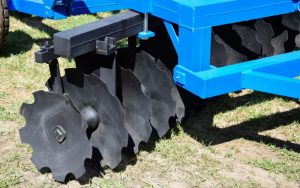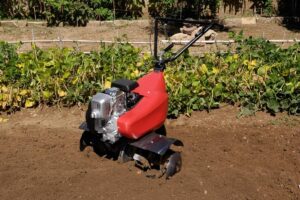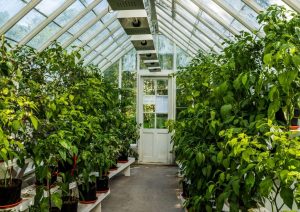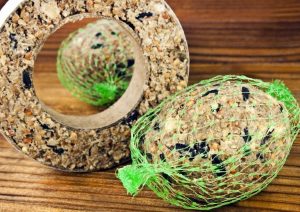Tomatoes are a delicious and versatile fruit that can be used in all sorts of dishes.
They are also relatively easy to grow, which is why they are such a popular choice for home gardens.
If you’re looking for a way to give your tomato plants a little extra boost, you may have heard that coffee grounds can be used as a fertilizer. But what’s the best way to use them?
Coffee grounds can help improve drainage, aeration, and water retention in soil, and they also help deter pests and disease. All of these factors can lead to healthier plants and bigger yields. Coffee grounds are also rich in nitrogen, which is an important nutrient for plant growth.
How to use coffee grounds with your tomato plants
To use coffee grounds in your garden, simply spread them around the base of your tomato plants.
You can also add used coffee grounds to your compost pile.
If you don’t have a compost pile, coffee grounds can be added directly to the soil.
Just be sure not to add too many at once, as this can lead to Nitrogen burn.
Nitrogen burn is when the nitrogen in the soil is so high that it actually starts to damage plants.
Are coffee ground beneficial for tomatoes?
It turns out that coffee grounds can indeed be beneficial for tomatoes (and other plants).
Coffee grounds are rich in nitrogen, which is an essential nutrient for plants.
In addition, coffee grounds can help improve drainage and aeration in the soil, which can lead to healthier roots and better overall growth.
And if you’re dealing with slugs or other pests, coffee grounds can also work as a natural repellent.

Things to be aware of when using coffee grounds
There are a few things to keep in mind if you’re going to start using coffee grounds in your garden, though.
First of all, make sure that the grounds are completely cooled before you apply them to your plants.
And second, don’t go overboard – a thin layer of coffee grounds is all you need.
Too much and you run the risk of damaging your plants.
One of the most important things to remember is that coffee grounds are acidic.
This means that they can help lower the pH of your soil if it is too alkaline.
While this might seem like a good thing, too much acidity can actually be harmful to your plants.
As such, it’s important to use coffee grounds sparingly and to test your soil regularly to make sure that its pH remains within the ideal range for tomatoes (6.0-6.8).
In addition, coffee grounds can attract animals and pests if they are not used properly.
One way to deter animals and pests is to mix the coffee grounds with wood ash before applying them to your garden.
Final Words
Coffee grounds can be a great addition to your tomato garden—but only if you use them correctly.
Remember to test your soil regularly, use coffee grounds sparingly, and mix them with other materials such as wood ash or cheesecloth before adding them directly to the soil.
By following these tips, you’ll be sure to give your tomato plants the boost they need without harming them in the process.










